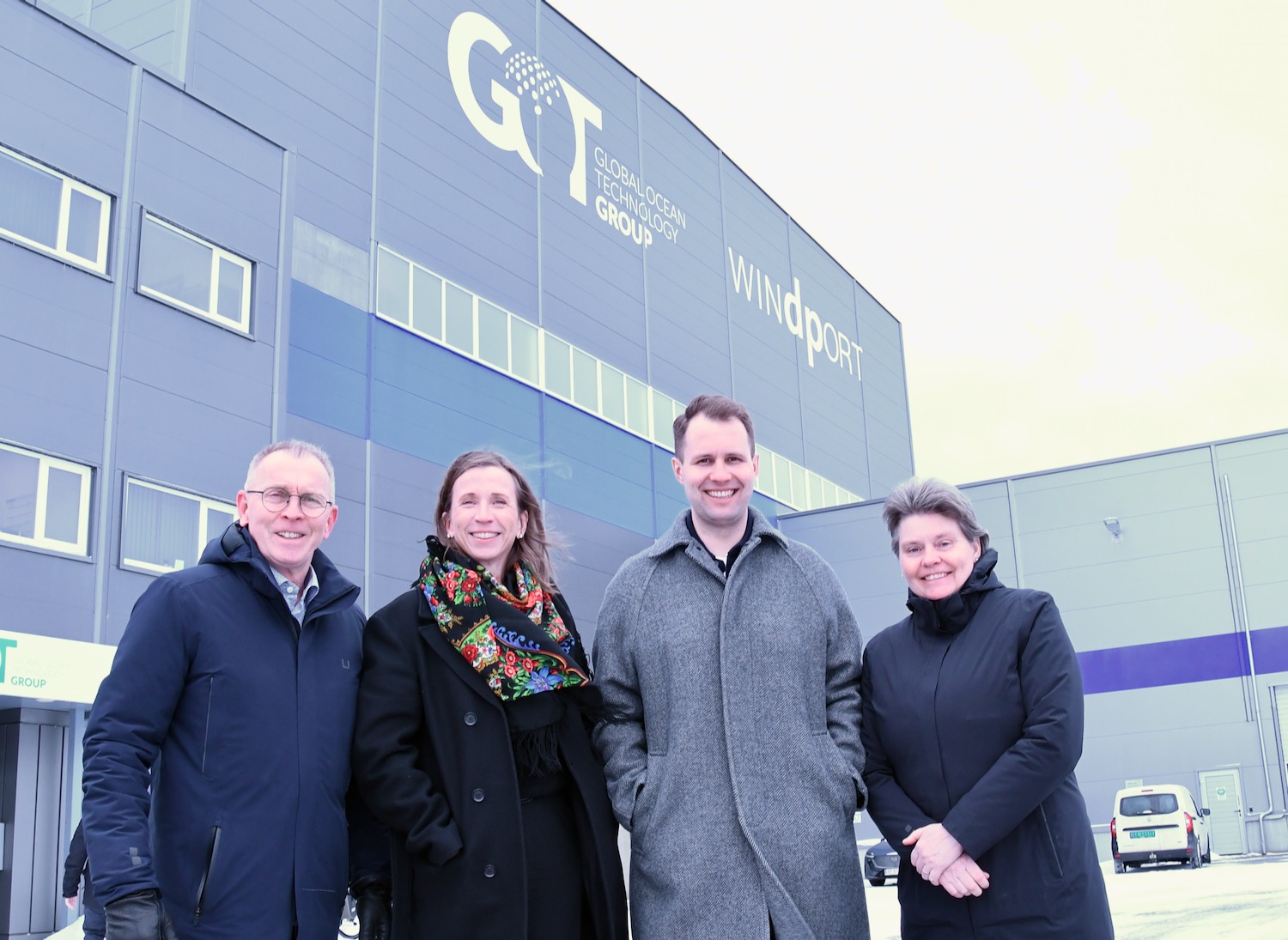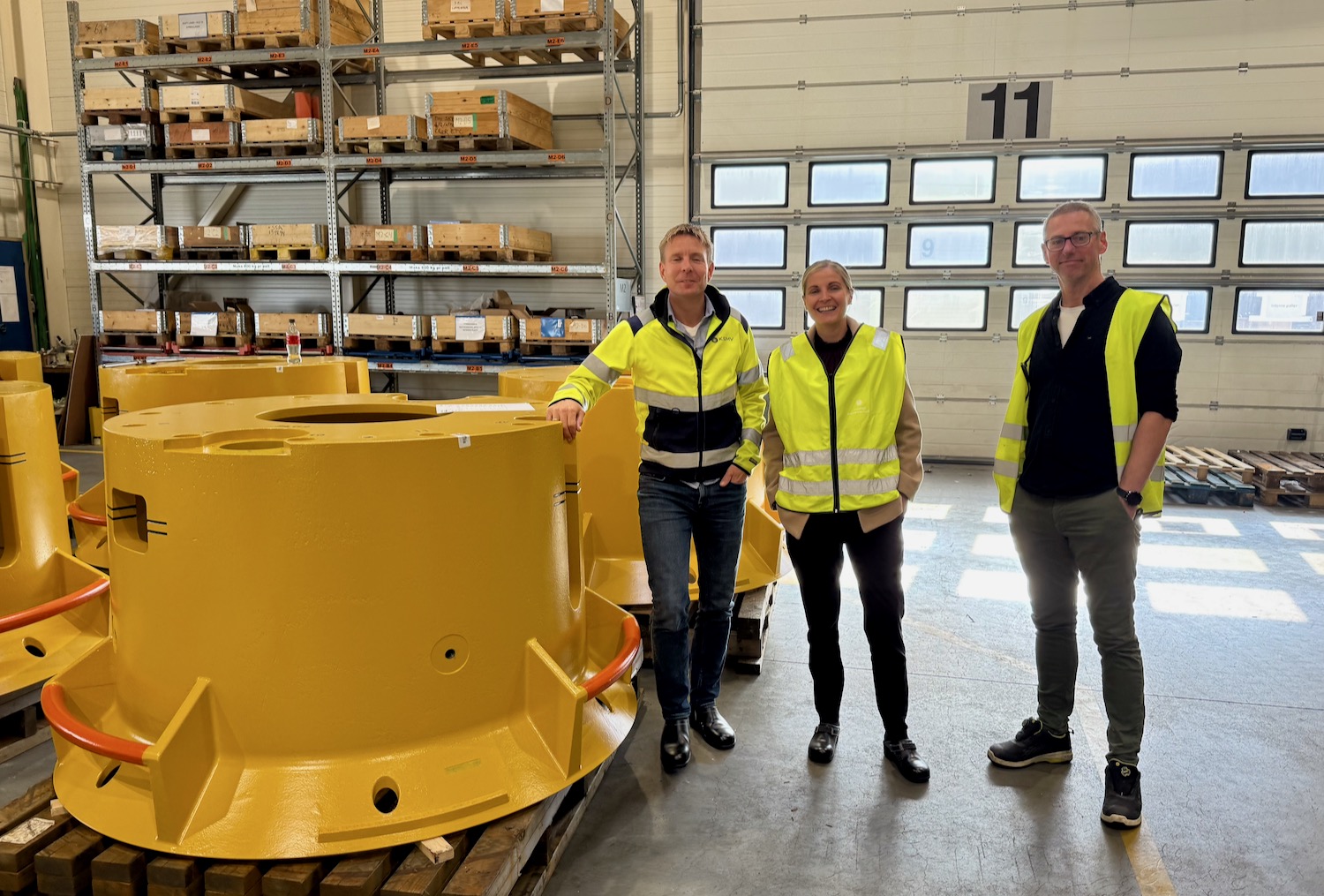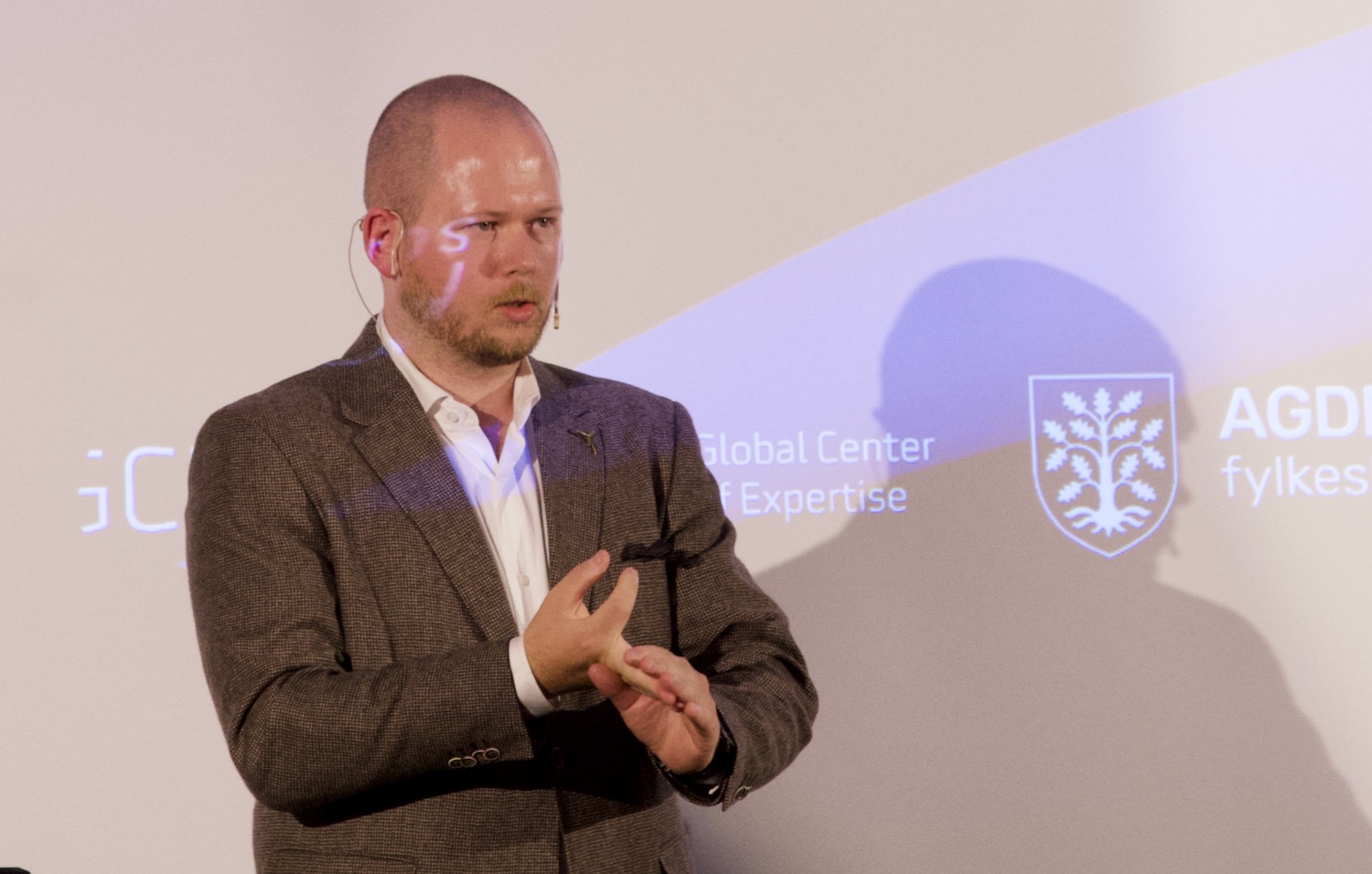The University has secured the rights to train international welding engineers (IWE) – the only training program of its kind in Norway.
“This is very important for NODE companies and part of NODE’s strategy for continuing education. There was a real danger that the program would no longer be offered in Norway, but the university has yet again demonstrated its ability and willingness to meet the needs of the industry in the region”, says Anne-Grete Ellingsen, CEO of GCE NODE. The university has worked closely with NODE’s welding expert group, facilitated by NODE and with several NODE companies as participants.
“The course is intended to meet the industry’s need to develop and document competency in welding and material issues. The NORSOK standards M-601 (piping) and M-101 (structures) require that welding coordinators are qualified and have certification as an International Welding Engineer”, says Tor John Rødsås, Associate Professor and IWE-coordinator at UiA.
Ellingsen emphasizes that the course also is an important tool to build competence to develop next generation robots for welding, an important issue in the RD&I programs and networks NODE has established with Europe and Silicon Valley. The goal is to take back more of the outsourced production, shorten project time and increase quality control of the production. This is an important part of a global trend of reindustrialization due to more advanced use of data and robots in the supply chain.
The course plan allows the study to be combined with a fulltime job. The duration of the entire course is 10 months. Upon completion the student will be credited with 30 ECTS. The course fully meets the requirements for IWE training as laid out by the International Institute of Welding.
“We have students from Oslo, Bergen, Stavanger, Kristiansand and several other cities in the Agder region. In March, we will conduct a full week of practical welding at, among others, NODE companies Nymo and Force Technology”, says Rødsås.
The rest of the course is comprised of 4 theoretical modules and a thesis, which is an individual project completed over 4 weeks. The classes and exams are held during weekends, reducing the need for students to take leave from work.
The study is an additional building block to a bachelor’s degree, which requires that candidates must have completed a bachelor’s degree before they can be accepted to the course. Students with vocational schooling can attend the course, but will not receive an IWE-certificate at the conclusion of it.
The American Welding Society will hold an exam in Grimstad in 2016 to give students an opportunity to qualify for the title Certified Welding Engineer.



